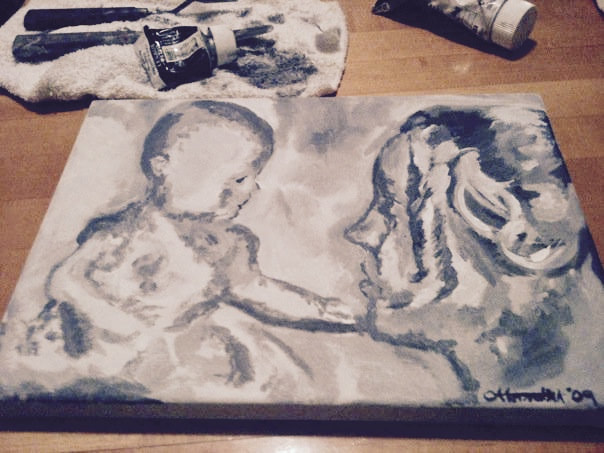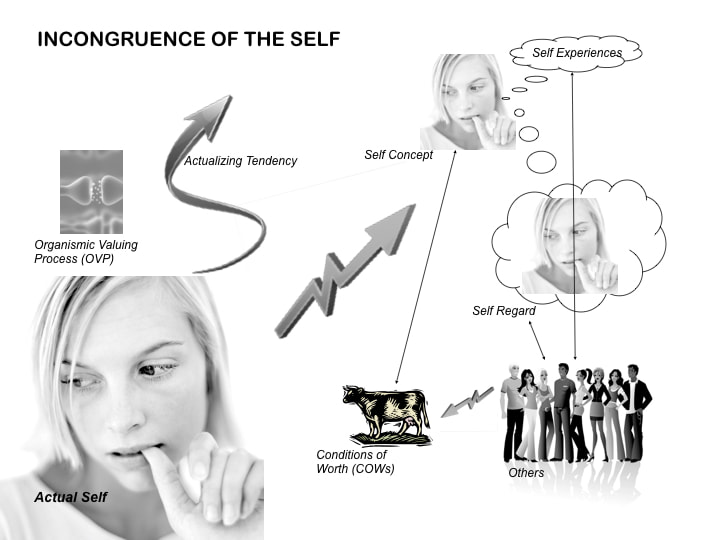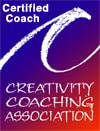|
Good news, students! I am now offering telehealth services to students enrolled in college credit courses in the states of Maryland and Virginia!
While speaking to some of my colleagues and friends in the community, including my own alma mater, we agree that getting counseling is hard for students. Students are busy. Students live on campus with varying amounts of access to transportation. Students are on budgets. Being a student is also stressful, intense and transformative. For many of us, these years of our lives are those during which we make life decisions which ultimately shape the rest of our adult years. We do this often outside of our normal support system, living for the first time apart from close friends and family. With the added stressors of classes, grades, relationships and more, this is a time of life when we need extra support. I am here to help! Let me remove some of the barriers and give you guidance during this time in your life. If you are a student enrolled in college courses I can offer you my services exclusively online on an audiovisual system that is confidential and easy to use. Get counseling from the convenience of your own living space. Don't wait to get support during this important time in your life. Your help is just a click away! Fill out a referral or call and email me (on the "Contact" page) today to get started. Create your best life! (c) 2017, CREATIVELY, LLC There are many types of creative therapies: dance therapy, art therapy, drama therapy and more- this post does not summarize these approaches- rather it describes the uses of the creative process that research (including my own) has shown is important and effective in mental wellness and healing.
I have said this before- and I will say it more!- creative people need to create. It is your most powerful tool in life, and your most valuable asset in staying well. Creativity in therapy asks you to explore your own experience of things including your feelings, thoughts and imagination. The focus is on making and expressing what comes from inside you, rather than perfect depictions of what you can already see. Your creative process becomes a healing experience when used therapeutically. Drawing, painting, dancing, writing and other art forms are powerful ways to communicate. They have been used to record human history, ideas, feelings, and dreams. They show a wide range of emotions from joy to sorrow, triumph to trauma. Creative arts have served as a way of understanding, making sense, and clarifying inner experiences without words. Used therapeutically, these are activities to soothe you, release stress and tension, give enjoyment and rise above troubling feelings.The process of creating may help you express fear, anxiety and other stressful emotions. It touches the soul or spirit. While family, work and other parts of life may fulfill you, creative experiences can help you express or understand parts of yourself that other activities and interactions cannot. Creative people usually feel better and happier about themselves and their lives during and after being creative. Creating helps you be more flexible in problem solving and makes you more insightful and true to yourself. Creating and communicating in a meaningful way are necessary for psychological, physical and spiritual health. A common worry about creativity as therapy is that you are not creating something that is good enough. You may worry that if you don’t create a product up to your usual standards, creative therapy won’t work and you have somehow failed. The purpose of creativity in therapy is not to make great art: it is to experience the process of creating. This is likely a shift in how you conceptualize your creative experiences, and an important distinction. Remember, creative artist, that when you are creating therapeutically it is the journey and not the destination that is important. There are many more words of wisdom on this topic- creative therapy ideas and exercises, creative personalities, creatives and mental wellness- more on these to come! Subscribe to the Creatively newsletter on the home page, and never miss a thing. © 2017 CREATIVELY, LLC Person Centered Therapy is an approach often credited to Carl Rogers, and was developed in the 1940s. It is an approach my patients have found very useful over the years, and something I regularly incorporate into sessions. Today’s mental health topic is more information about this theoretical approach. Remember- there are many theories designed to help us understand the way we think and ways to improve our lives- this only represents one of them:
In Person Centered Therapy, we have symptoms when we are “not congruent.” This means that the way we see ourselves versus who we are as defined by our life experiences (our “actual selves”) are different (“incongruent”). The problem is, we listen too much to what others think of us and try to make them happy (“conditions of worth”), instead of listening to our inner voices (“organismic valuing processes”). According to this theory, the goal is to become congruent and “self actualize.” This happens when we are guided by our organismic valuing process, rather than conditions of worth placed on us by others. Think about it looking at the graphic above. We listen too much to what others think and this can negatively impact us because it steers us away from what naturally makes us happy. With me so far? So what is the goal for therapy? How can therapy help us self actualize? The therapist will help you identify the conditions of worth in your life and deny these, instead finding worth from being true to yourself and listening to your organismic valuing process. For example: what is the difference between who your peers want you to be versus what will make you happy? How can you teach yourself to be proud of who you naturally are, as opposed to whom your peers want you to be? The therapeutic goal is called “congruence.” In session, your therapist will help you identify how YOU FEEL about something to help you be more aware of your genuine self. Helping you understand your own feelings about things, instead of the feelings of others about them, is how you will in time learn to guide your life according to your organismic valuing process instead of conditions of worth. You will learn in this approach that your best decisions come naturally and not by distorting your perspective with the opinions of others. An important aspect then becomes self sufficiency: to feel confident and capable as an individual person. I like this approach because it helps you to understand your best self and find happiness creating your life by making genuine and independent decisions. However, please know that there are a variety of theoretical approaches to therapy for a reason: not every approach is for everybody at every time. While sometimes it is an appropriate therapeutic goal to foster independence and understanding your true self, it is not always appropriate. You may be in a place in your life where a better goal is to build support around you and take advice and counsel from others. As with all of the information shared in these blog posts, please discuss with your therapist first before putting it into practice. Ask in your next session if Person Centered Therapy is right for you! (c) 2017 CREATIVELY, LLC |
get more from The Creativity CoursesLiking educational topics and knowing what's hot in creativity? Creatively has online courses, with an interactive creative community, coaching sessions and more in the Creativity Courses. Want these blogposts in a newsletter? Subscribe here, and get a free gift. Cindy Cisnerosis a Creativity Coach, Creative Therapist and Professional Artist in Sykesville, Maryland. She is an expert straddling the realms of arts, creativity research, psychology, therapy, and coaching. She provides Online Creativity Counseling in Maryland and Virginia, and Online Creativity Coaching throughout the USA, Canada and the UK tailored for the discerning, imaginative, artistic, and neurodiverse. The information provided in this blog is from my own clinical experiences and training. It is intended to supplement your clinical care. Never make major life changes before consulting with your treatment team. If you are unsure of your safety or wellbeing, do not hesitate to get help immediately.
Archives
July 2024
|
|
Concierge Therapy for Creatives in Maryland
Creativity Coaching Worldwide including the USA, UK and Canada |
Telephone |
|









 RSS Feed
RSS Feed

